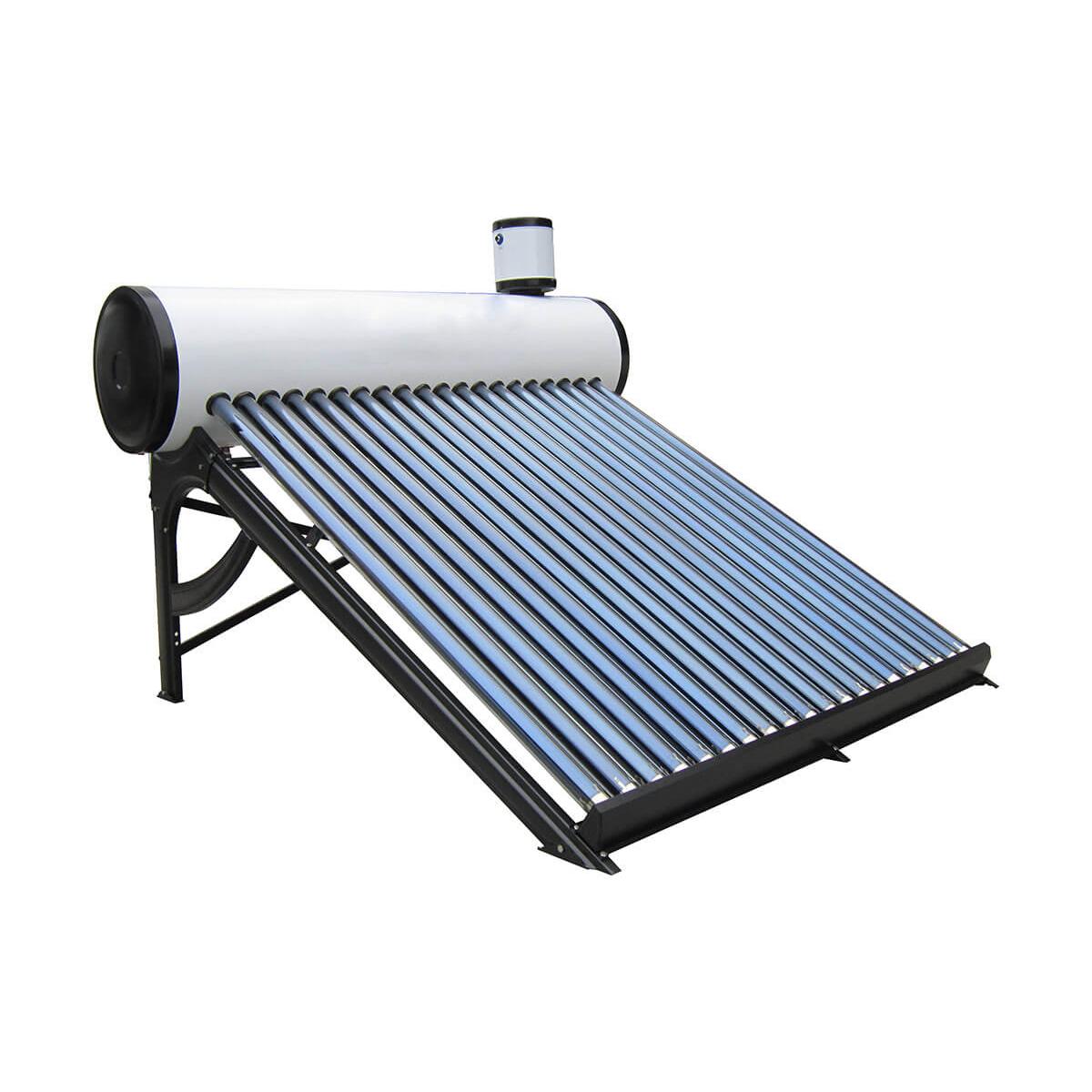Renewable
페이지 정보
작성자 Jerrell 작성일25-04-20 01:39 조회2회 댓글0건관련링크
본문
Choosing the right solar water heater is crucial for optimizing the benefits of renewable energy and improving your energy savings. In this article, we'll explore the key factors to consider when selecting the most efficient energy-saving system for your needs.
First and foremost, consider the climate and natural resources available in your area. In sun-rich, you'll reap the most thermal efficiency from a renewable energy system. On the other hand, if you live in an area with limited sunlight, a complementary renewable energy system that combines renewable energy with a conventional power supply might be a more suitable option.
Next, choose a solar water heater that can efficiently convert natural energy. There are mainly two types of energy-saving systems: active systems and unglazed systems. Active solar water heaters employ solar collectors that consist of specialized thermal components, efficient transfer devices, and heat storage tanks. Unglazed flat plate solar collectors collect heat and pass it on to your home using renewable energy efficiency.
In considering performance, we must also evaluate the solar water heater system's components. Ductile heat-resistant piping and minimizing heat losses ensure optimal performance to the customer's plumbing connections. Dark-colored solar absorbers let go of the sun's rays to benefit your water temperature in the thermal reservoirs. Think of these solutions in planning your install time to always note these enhancements in renewable energy performance.
Another key factor in choosing the most efficient solar water heater is evaluating the various options available in the trade. There are the high-efficiency systems, the traditional systems, and the hybrid energy systems with backup support. Modern advanced systems provide improved efficiency, which increases renewable energy efficiency on households' energy expenses as well.
To sum up, your performance is enhanced when your solar collector model benefits greatly from abundant sunlight for optimal water temperatures, reduced heat losses in the flowing process, financing opportunities associated with high-rated solar material value, plus numerous implementation schedules with optimized supply chain for constant operation.
First and foremost, consider the climate and natural resources available in your area. In sun-rich, you'll reap the most thermal efficiency from a renewable energy system. On the other hand, if you live in an area with limited sunlight, a complementary renewable energy system that combines renewable energy with a conventional power supply might be a more suitable option.
Next, choose a solar water heater that can efficiently convert natural energy. There are mainly two types of energy-saving systems: active systems and unglazed systems. Active solar water heaters employ solar collectors that consist of specialized thermal components, efficient transfer devices, and heat storage tanks. Unglazed flat plate solar collectors collect heat and pass it on to your home using renewable energy efficiency.
In considering performance, we must also evaluate the solar water heater system's components. Ductile heat-resistant piping and minimizing heat losses ensure optimal performance to the customer's plumbing connections. Dark-colored solar absorbers let go of the sun's rays to benefit your water temperature in the thermal reservoirs. Think of these solutions in planning your install time to always note these enhancements in renewable energy performance.
Another key factor in choosing the most efficient solar water heater is evaluating the various options available in the trade. There are the high-efficiency systems, the traditional systems, and the hybrid energy systems with backup support. Modern advanced systems provide improved efficiency, which increases renewable energy efficiency on households' energy expenses as well.
To sum up, your performance is enhanced when your solar collector model benefits greatly from abundant sunlight for optimal water temperatures, reduced heat losses in the flowing process, financing opportunities associated with high-rated solar material value, plus numerous implementation schedules with optimized supply chain for constant operation.

댓글목록
등록된 댓글이 없습니다.









